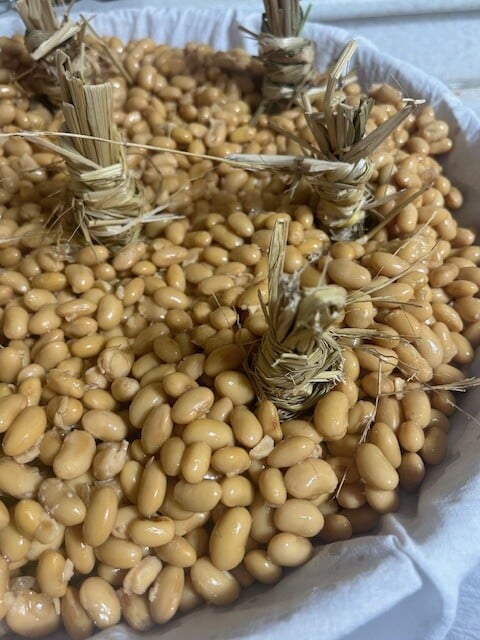The Art of Fermentation
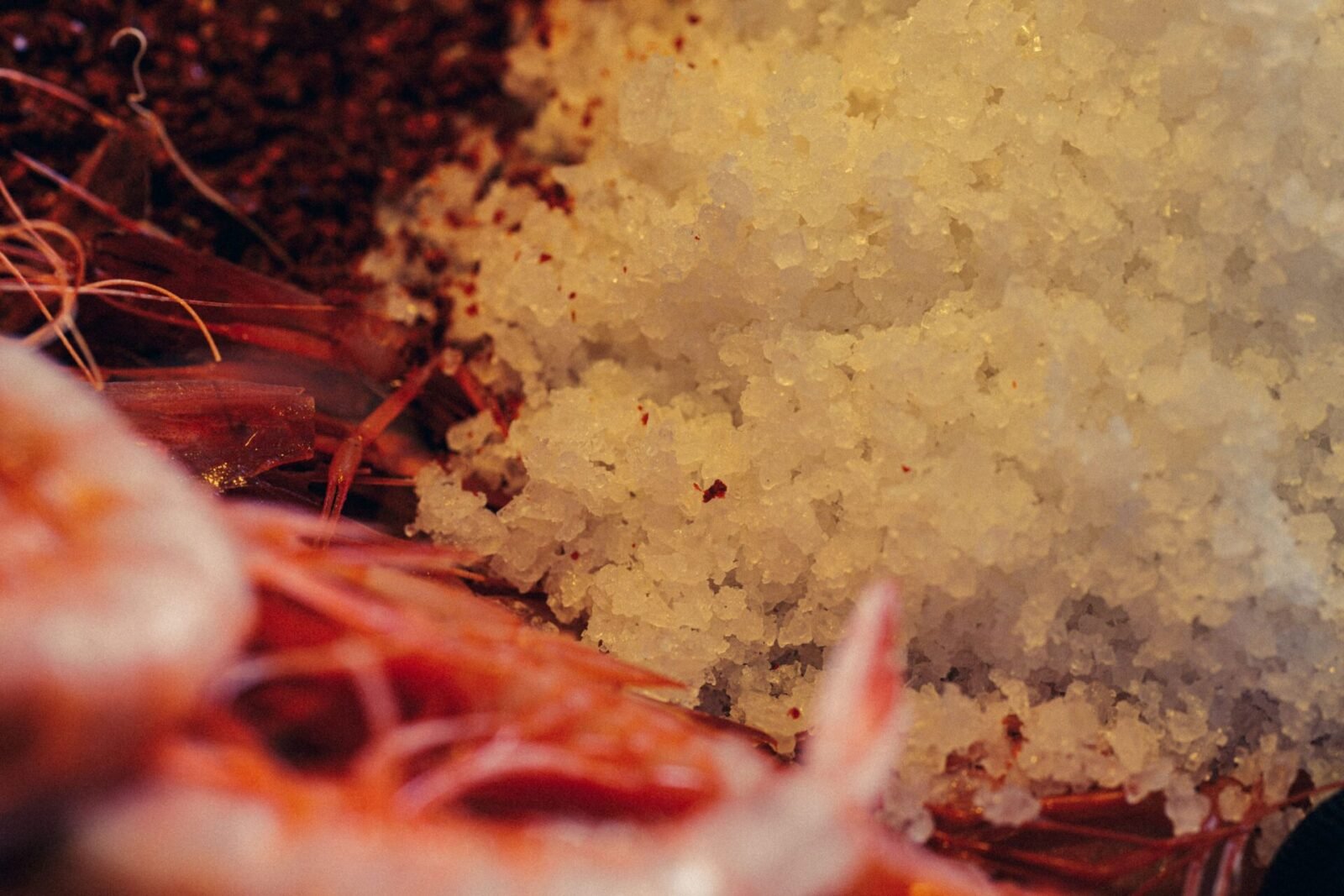
From Kimchi to Gochujang
a centuries-old traditon
The art of fermentation is therefore a vital part of Korean culinary tradition and continues to contribute to its unique flavor and health benefits today. Fermented foods are rich in probiotics, which promote gut health, improve digestion and boost immunity. They also enhance nutrient absorption, provide antioxidants and can even support mental wellbeing. Enjoy the delicious and health-promoting power of fermentation in every bite.
Kimchi
Kimchi is the most iconic Korean dish, which is never missing on the table.
The traditional kimchi recipe combines napa cabbage with garlic, ginger, and gochugaru, although countless regional variations exist. It is made through lactic acid fermentation of vegetables, developing vibrant, tangy flavors that range from mild to fiery hot.
Beyond its complex taste, kimchi also offers probiotic benefits, making it a globally celebrated superfood.
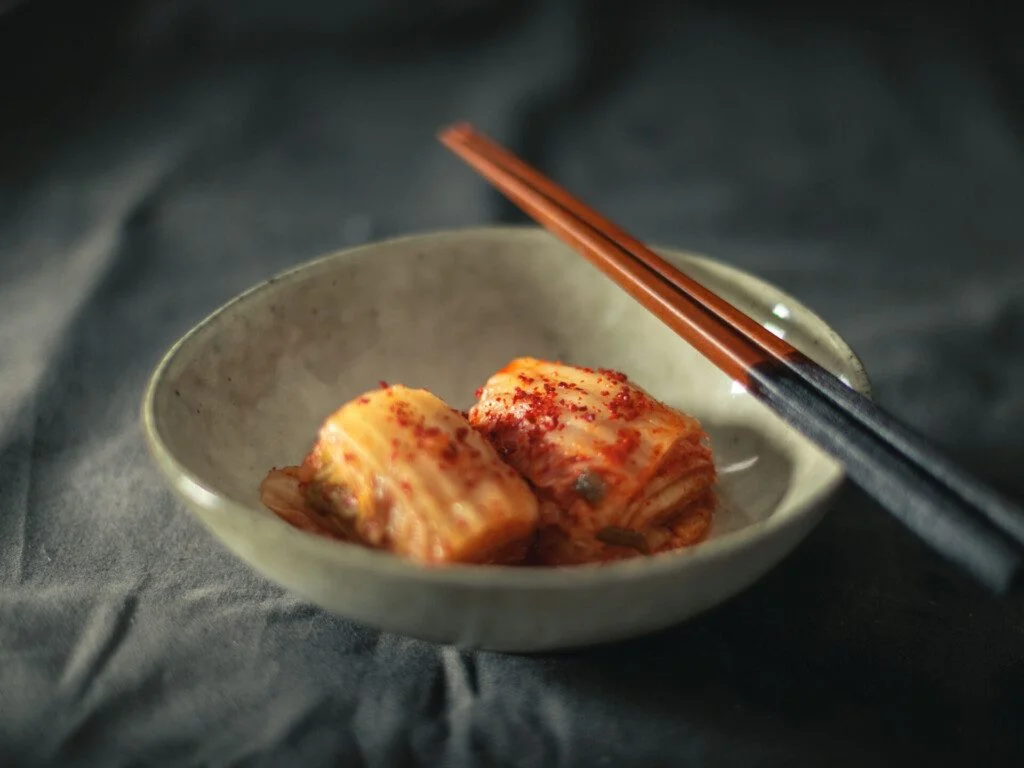
Jang
The term "Jang" describes fermented sauces and pastes that are essential to Korean cuisine.It refers to a category of naturally fermented condiments such as Gochujang (fermented chili paste), Doenjang (fermented soybean paste), and Ganjang (fermented soy sauce). <br><br>They are not only fundamental to Korean cooking but also valued for their deep umami flavor and probiotic health benefits.
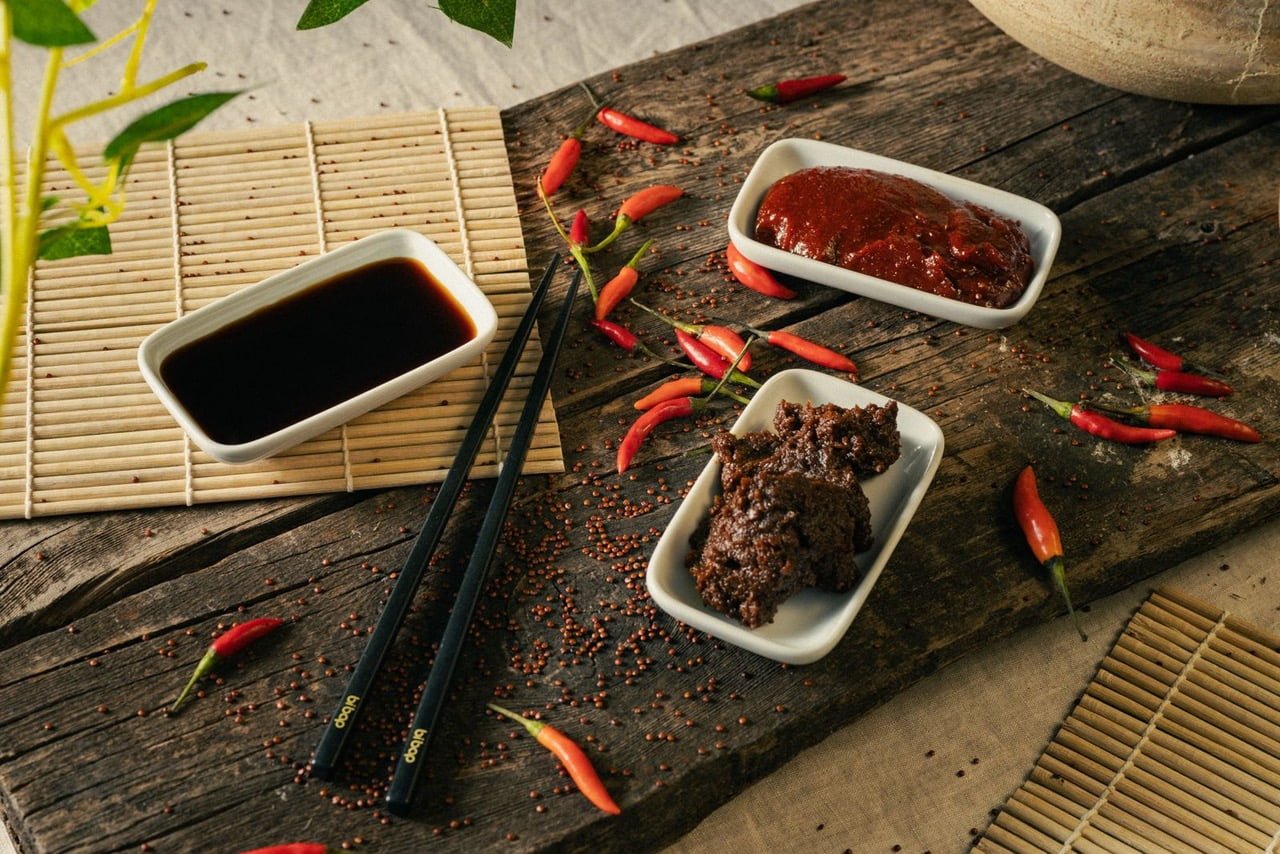
Gochujang
Gochujang is one of the most important fermented food in Korea. The primary ingredients from Gochujang are red pepper powder, sticky rice powder, barley malt powder and powdered fermented soybeans and sal.
This Korean chili paste is spicy with a hint of sweetness. It’s worldwide popular and it is used to refine dressings, sauces, soups, salads and hot dishes.
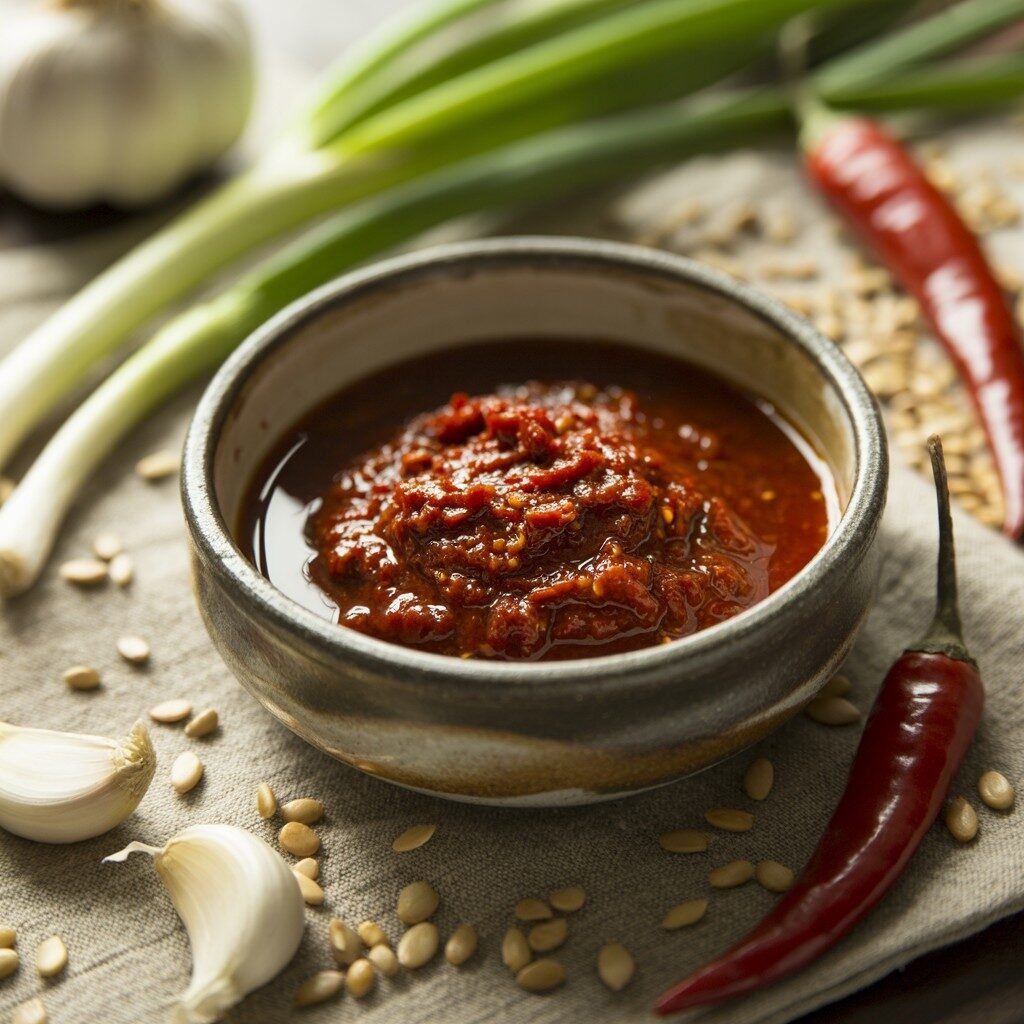
DoenJang
Doenjang is essential in everyday Korean cooking.
We craft our doenjang following time-honored methods from Korea, using only 100% organic soybeans and water — naturally fermented to deliver deep, rich umami and authentic taste.
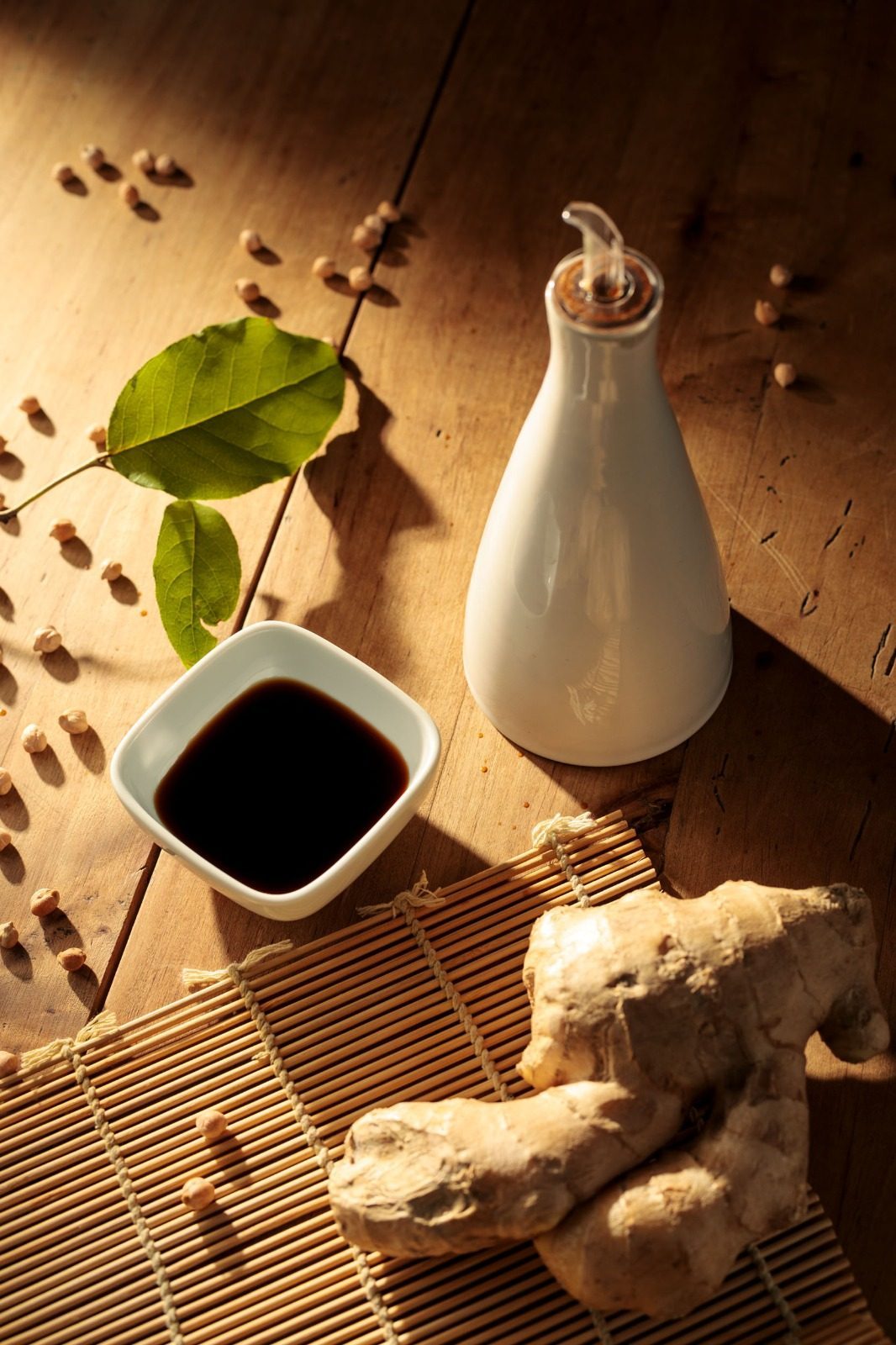
GanJang
Ganjang is a staple in Korean cuisine, used in countless dishes.
We brew our ganjang following traditional Korean methods, using only 100% organic soybeans and water — naturally fermented to create a clean umami saltiness.
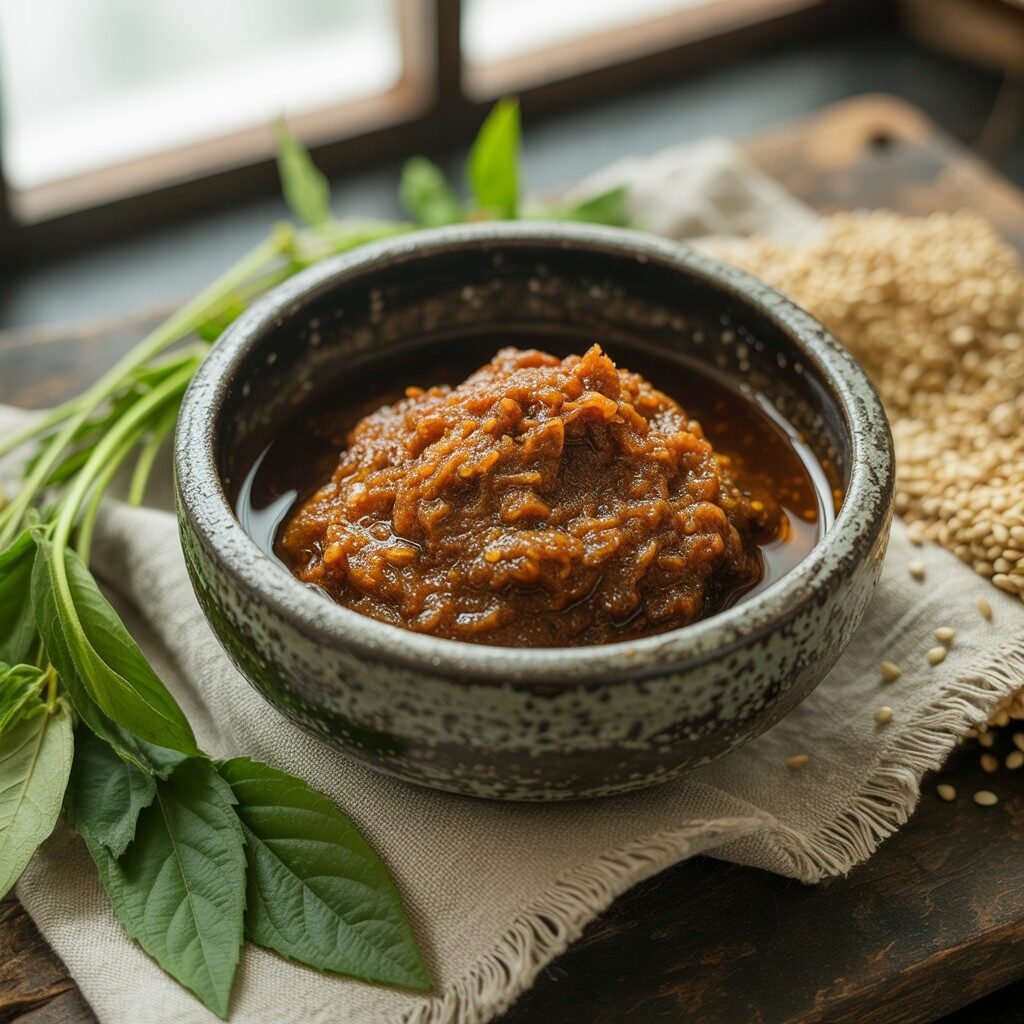
Miso
Korean miso has its own distinctive character among Asian fermented soybean pastes. Matured in earthenware pots, it develops a complex, earthy flavor that forms the foundation of many traditional soups and stews. The natural fermentation creates beneficial enzymes and microorganisms, making it both a culinary treasure and nutritional powerhouse.
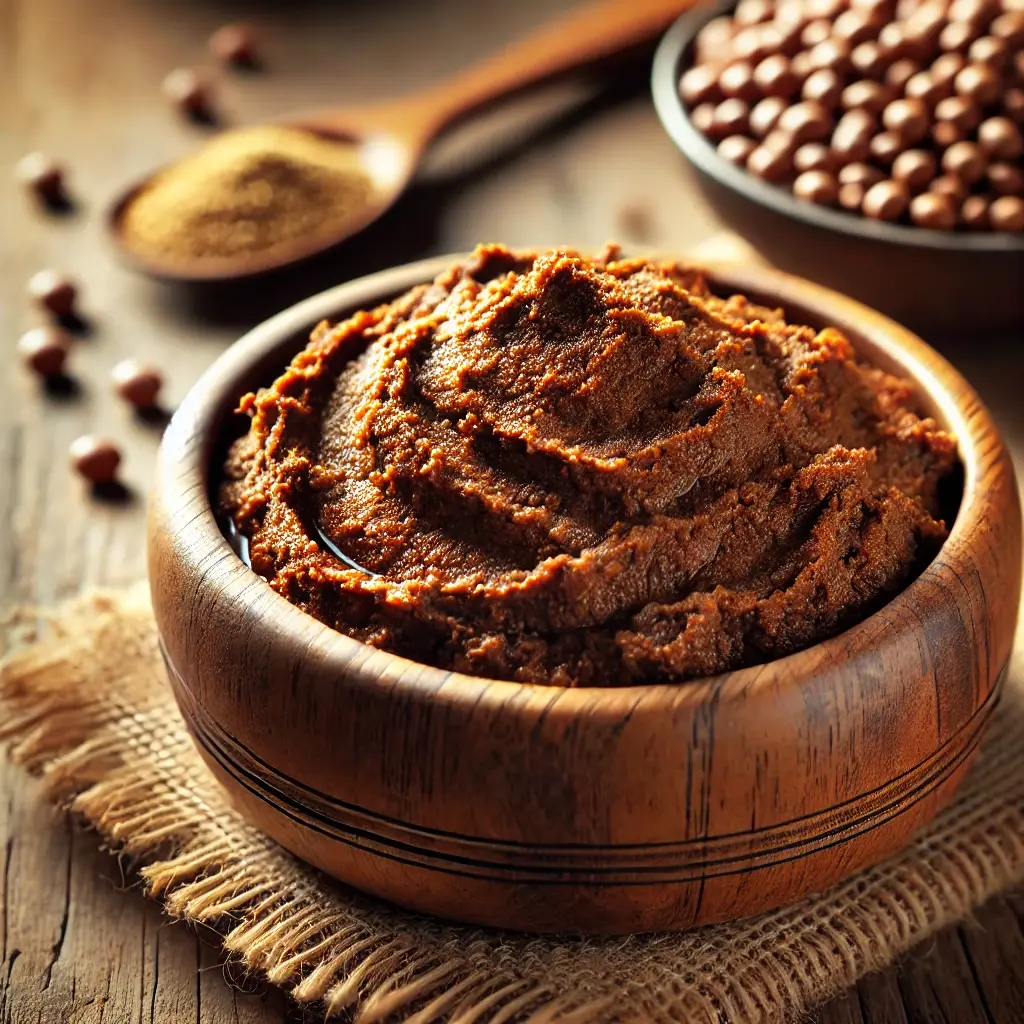
Cheonggukjang
The fermentation of Cheonggukjang takes only three days, which is why it is also called quick-fermented soybean paste, or Doenjang. Cheonggukjang is often compared to Natto. In Korea, Cheonggukjang is commonly used to make stew. However, it is also used to flavor salads, sauces, and other hot dishes.
